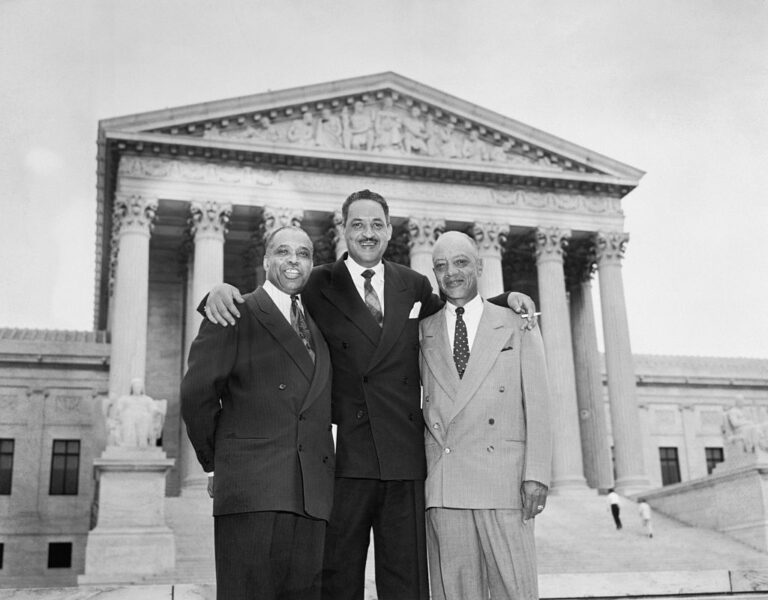As the U.S. marks the 70th anniversary of the landmark Brown v. Board of Education ruling, a new Washington Post-Ipsos poll suggests that nearly 7 in 10 Americans believe more should be done to integrate schools.
By the numbers: Unsurprisingly, the survey reveals little in the way of consensus when it comes to how best to achieve school integration.
- One in three Black Americans feel integration has not significantly improved education for Black students, and about half favor neighborhood schools even if it results in racial homogeneity.
- Similarly, a majority of white Americans support neighborhood schools despite acknowledging the need for more integration.
- Only one approach from the survey enjoys support from a large majority (76%) of U.S. adults — more regional magnet schools with specialized courses.
Why it matters: Segregation in schools has actually increased over the last 30 years, according to an analysis of school enrollment data by Sean Reardon of Stanford University and Ann Owens of the University of Southern California. [Chalkbeat]
- According to the researchers, the increase is primarily driven by two factors: the conclusion of most court-mandated oversight that required school districts to maintain integrated schools and the implementation of policies that prioritize school choice and parental preferences.
- The analysis includes an interactive map that provides data on racial/ethnic and economic school segregation in states, counties, metropolitan areas, and school districts from 1991 to 2022.
Further Reading
- Marking the 70th Anniversary of Brown v. Board of Education and the Work that Remains [The Education Trust]
- There’s a surprising reason why many schools don’t have a single Black teacher [USA Today]
- Brown v. Board of Education at 70: The Mixed Legacy of a Unanimous Decision [American Enterprise Institute]
Image Description: Attorneys who argued the case against segregation stand together smiling in front of the U.S. Supreme Court Building, after the High Tribunal ruled that segregation in public schools is unconstitutional. Left to right are George E. C. Hayes, of Washington, DC; Thurgood Marshall, Special Counsel for the NAACP; and James Nabrit, Jr., Professor and Attorney at Law at Howard University in Washington. (Original Caption from May 17, 1954; Source: Bettmann)




